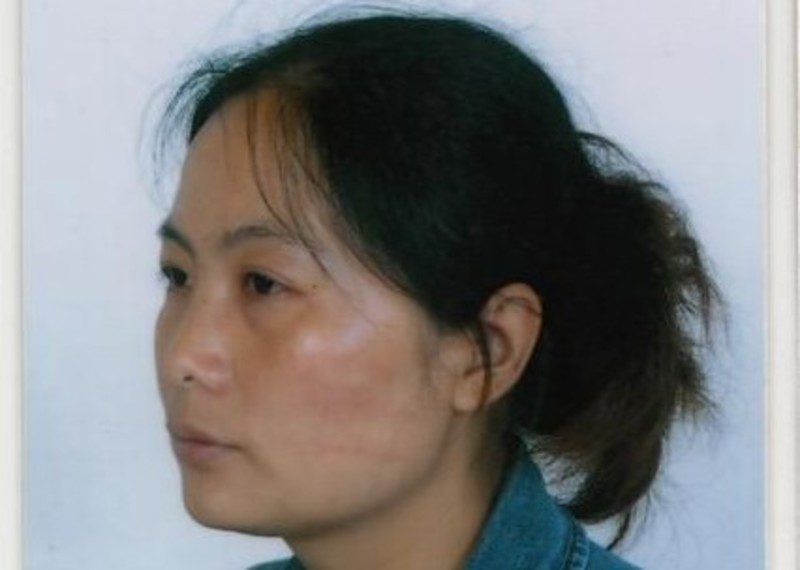The Chinese authorities are sending mixed messages over domestic violence as they commute the death sentence of a woman that killed her violent husband but continue to persecute five women’s rights activists, said Amnesty International on Friday.
Li Yan, 44, was given a two year reprieve by a court in Sichuan province, in southwest China. The death sentence is expected to be commuted to a prison term after two years of good behaviour. The change comes after the Supreme People’s Court ordered an unprecedented retrial last June.
“The reprieve for Li Yan could prove a landmark verdict for future cases where domestic violence is a mitigating factor. With her case, the highest court in China has sent a clear message that judges must not ignore domestic violence,” said William Nee, China Researcher at Amnesty International.
The highest court in China has sent a clear message that judges must not ignore domestic violence.
William Nee, China Researcher at Amnesty International.
“Yet, the continued persecution of five young activists that campaign to prevent violence against women casts a dark shadow on this ruling.”
Last Monday, police released on bail five women’s rights activists that have been at the forefront of a campaign calling on the authorities to properly address domestic violence. The women – Wei Tingting, Wang Man, Li Tingting, Zheng Churan and Wu Rongrong – were detained shortly before International Women’s Day on 8 March for planning to draw attention to sexual harassment.
Amnesty International has called on the authorities to drop all charges and lift all restrictions against the five activists.
“If the Chinese authorities want to make real progress in tackling violence against women they should be working with rights activists not persecuting them,” said William Nee.
Li Yan was originally sentenced to death in August 2011 for killing her husband, Tan Yong, in late 2010. Evidence of the horrific and sustained domestic violence he inflicted on her was ignored by judges at the original trial, just as her calls for protection from police had gone unheeded before the tragic death.
The original death sentence sparked an outcry within China and abroad, and drew attention to the government’s failure to seriously address domestic violence. According to government statistics, a quarter of all women in China suffer domestic violence.
In March, the Supreme People’s Court and government issued new guidelines on domestic violence cases, including recommendations on sentencing for victims of domestic violence who commit crimes against their abuser.
In August, legislation that for the first time stipulates redress for survivors of domestic violence in China is due to become law, just weeks before China co-hosts, a major UN meeting of world leaders to discuss women’s rights, as part of “Beijing+20”.
“President Xi Jinping is likely to tout China’s progress in advancing women’s rights at the UN conference in September. It would be shameful if the government continues to persecute the true leaders for women’s rights in China while proclaiming its record on the world stage,” said William Nee.


